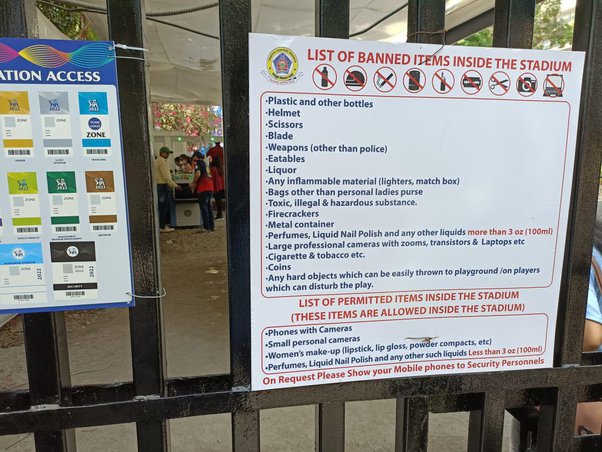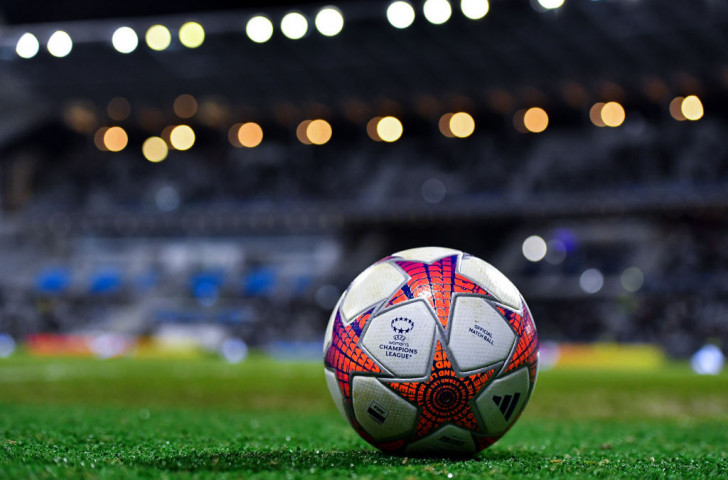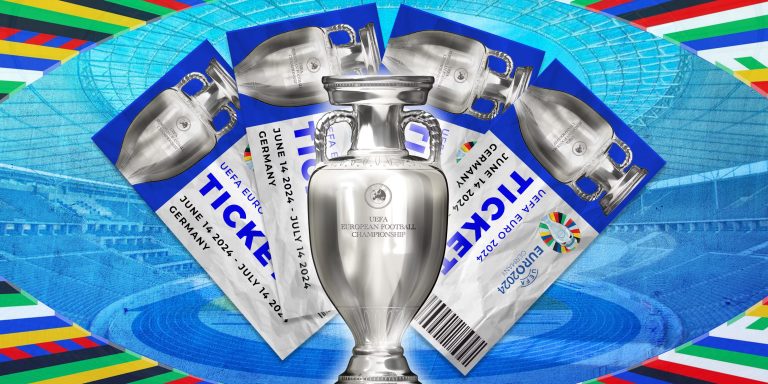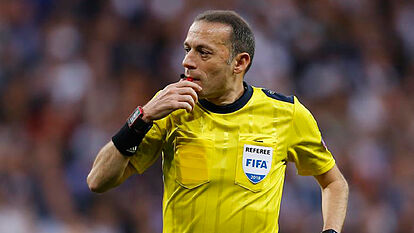Will the Bagpipes be Allowed Inside the Stadium During UEFA Euro 2024?

In a significant announcement for Scotland supporters and football enthusiasts around the world, UEFA has confirmed that bagpipes, a symbol of Scottish pride and culture, will be permitted inside stadiums during the Euro 2024 tournament. This decision comes as a relief and a cause for celebration among the Tartan Army—the passionate supporters of Scotland’s national football team—who had faced the prospect of attending the tournament without their iconic instrument due to UEFA’s strict guidelines against “mechanical sound-emitting devices” at matches.
Also Read:
The Concern Over UEFA Guidelines
The initial concern stemmed from UEFA’s guidelines that specifically barred mechanical or electronic noisemakers from the fixtures, including megaphones, air horns, and similar sound-emitting devices. The Allianz Arena in Munich, set to host Scotland’s tournament opener against Germany on June 14, had listed bagpipes under prohibited items, aligning with UEFA’s broader restrictions. This move had sparked fears that the Tartan Army might be silenced, unable to bring their traditional soundtrack to the summer’s football festivities.
The Turning Point
The turning point came during a meeting of the Euro 2024 fan forum last week, where representatives of the 21 teams qualified for the tournament finals convened. It was decided that bagpipes would be approved for use within the stadiums, a decision that underscores UEFA’s willingness to accommodate cultural expressions and enhance the fan experience at their events. Fans wishing to bring bagpipes to the matches will be required to register their instruments with the Scottish Football Association (SFA), a process that UEFA and the SFA have pledged to communicate in due course.
UEFA’s Stance on Fan Participation
A spokesperson for UEFA elaborated on the decision, stating, “Fans are welcome to bring instruments to the stadium, but they will have to register them with their respective national associations.” This approach aims to centralize fans’ activities within the stadium, ensuring a festive yet orderly atmosphere during the games. This decision marks a significant shift from previous tournaments, notably following the 2010 World Cup’s experiences with vuvuzelas, whose overwhelming noise had prompted UEFA to reassess its policies on sound-emitting devices at matches.
The Cultural Significance of Bagpipes
The bagpipes hold a special place in Scottish culture and are intrinsically linked to the identity of the Tartan Army. Iain Emerson, editor of the Famous Tartan Army magazine, highlighted the importance of this decision, recalling the vibrant atmosphere at the 1998 World Cup where Scotland and Brazil fans celebrated with their national instruments. He emphasized that the presence of bagpipes not only uplifts the team but also contributes to creating a unique and unforgettable party atmosphere, reinforcing the cultural ties that bind the Scottish people to their national team.
Looking Forward
As Scotland prepares for its matches against Switzerland in Cologne on June 19 and Hungary in Stuttgart on June 23, the Tartan Army can now look forward to rallying behind their team with the full force of their traditional melodies. The decision to allow bagpipes at Euro 2024 is a testament to the power of sports to unite people across diverse cultures and backgrounds, celebrating not just the game of football but also the rich tapestry of traditions that each nation brings to the global stage.
In conclusion, UEFA’s decision to permit bagpipes inside the stadiums for Euro 2024 matches is a significant nod to the importance of cultural expression in football. It ensures that the Tartan Army can continue to support their team in a manner that deeply resonates with Scottish heritage, promising a tournament that is as much a celebration of national identities as it is of sport.





